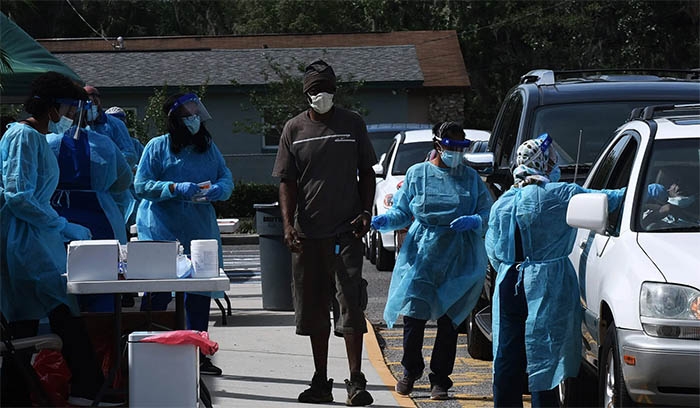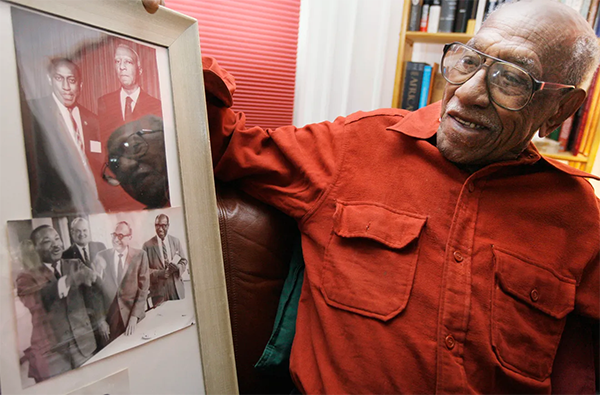
Over the past couple of months, we’ve watched as a pandemic has taken over the country while the Trump administration continues to ignore the advice of public health experts. Every day we learn more about the virus, the toll it’s taking on communities and the associated economic fallout. While all people are at risk, we now know that people of color, particularly Black people, are bearing the brunt of the effects of COVID-19. Black workers are overrepresented as essential workers, have a prevalence of underlying health conditions and are more likely to receive unequal treatment in the health care system. Recent data show that Black people account for one third of COVID-19 hospitalizations while making up only 13 percent of the U.S. population.
This is no coincidence, but the result of decades of discriminatory policies and practices that have resulted in persistent racial and economic disparities. Still, some have suggested that the individual choices of Black people are what makes them vulnerable to the effects of COVID-19. As Keeanga-Yamahtta Taylor explained in The New Yorker, “Racializing poverty helps to distract from the systemic factors at the foundation of both racial and economic inequality. Instead, there is an overabundance of attention placed on the diagnosis and repair of supposedly damaged African-Americans.”
For the full story, visit Essence.com/News.






